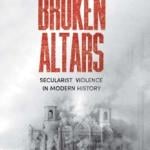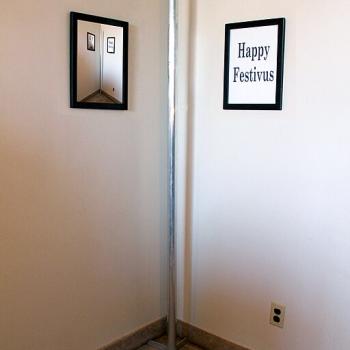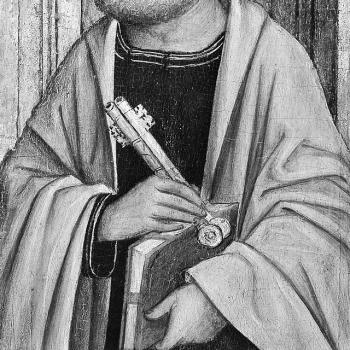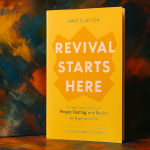I recently reviewed David Aikman’s excellent book One Nation Without God? for Christianity Today. As I note in the review, Aikman’s book takes a balanced view of America’s Christian heritage:
In the chapter on history (the longest section of the book), Aikman reviews modern Christian providentialist literature, led by books such as Peter Marshall and David Manuel’s The Light and the Glory, that portrays the American founding as uniquely directed by God. He contrasts this approach with that of academic Christian historians such as [Mark] Noll and [George] Marsden (my doctoral adviser), who criticized the providentialist approach in their book The Search for Christian America (co-written with another accomplished historian, Nathan Hatch). Aikman seems satisfied neither with the providentialists nor their academic critics. He chides Noll and Marsden for seizing on moral failings of the colonial and Revolutionary Founders as evidence that America never was a “properly” Christian nation. In Aikman’s view, the Puritans and  Patriot Founders had many faults—as do we all—but these do not fundamentally detract from their accomplishments and the Christian quality of their efforts…
Patriot Founders had many faults—as do we all—but these do not fundamentally detract from their accomplishments and the Christian quality of their efforts…
Aikman prefers to sketch the religious character of the colonial, Revolutionary, and early national periods, letting readers see the good and the bad, the religious and the worldly, and decide for themselves whether it all amounted to a “Christian nation”… Aikman maintains that, despite the quote-bending contortions of popular Christian writers, key figures such as Franklin and Jefferson were Deists, not Christians. While rejecting many tenets of biblical orthodoxy, including the divinity of Christ, they affirmed belief in a Creator God who endowed his creatures with a range of rights and liberties. They were not, then, atheists or secularists, and they helped frame some of the essential religious principles that animated the Revolution. Among those principles were religious liberty, God’s providential role in history, and the need for moral virtue to sustain the republic.
As illustrated by the recent controversy over David Barton’s The Jefferson Lies (on which I reported for WORLD Magazine), there is a pressing need for a balanced approach to the American founding among evangelicals. While many balk at efforts to construe America’s founding as unequivocally, universally Christian, it would also be problematic to deny the deep Christian (or at least theistic) influence on the Founders’ intellectual world.
Although historians have written a number of outstanding books on religious aspects of the founding, including Noll’s America’s God, we seem to be having a mini-Renaissance today in our understanding of faith’s role in the Revolutionary period, with popular and academic books including Aikman’s, my blogging colleague John Fea’s Was America Founded as a Christian Nation?, as well as two books in preparation on the Bible and the founding by American University’s Daniel Dreisbach, and Vanderbilt’s James Byrd (and there’s also a couple we might mention by your humble correspondent!).
I hope these books will enhance and refine American evangelicals’ view of the Revolutionary era, helping us to see that while not every Founding Father was a Bible believer, they all lived in a Bible-suffused milieu. And while faith was hardly their only inspiration, Christian principles heavily informed the Founders’ beliefs in equality, liberty, and the nature of the American republic.
Follow me on Twitter @ThomasSKidd
















